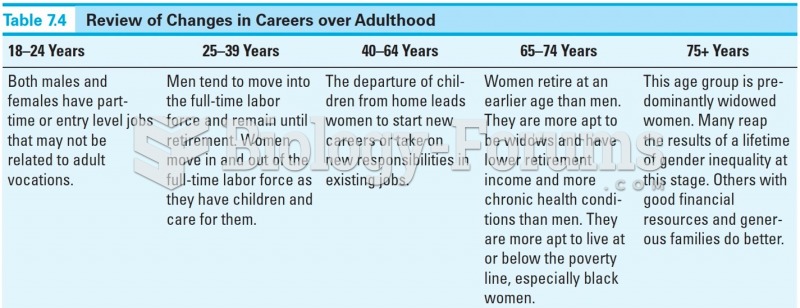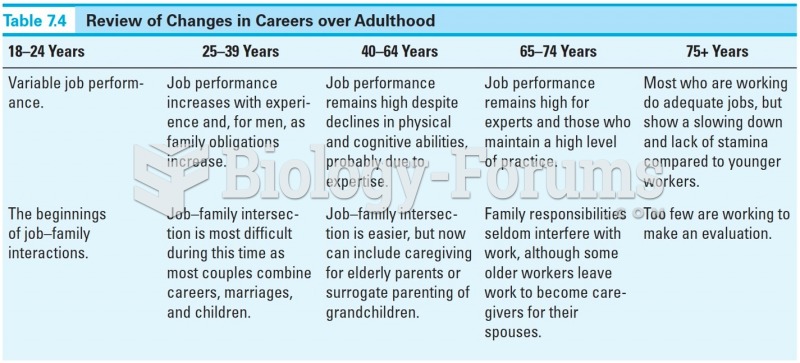|
|
|
The first oncogene was discovered in 1970 and was termed SRC (pronounced "SARK").
About 80% of major fungal systemic infections are due to Candida albicans. Another form, Candida peritonitis, occurs most often in postoperative patients. A rare disease, Candida meningitis, may follow leukemia, kidney transplant, other immunosuppressed factors, or when suffering from Candida septicemia.
Coca-Cola originally used coca leaves and caffeine from the African kola nut. It was advertised as a therapeutic agent and "pickerupper." Eventually, its formulation was changed, and the coca leaves were removed because of the effects of regulation on cocaine-related products.
More than 30% of American adults, and about 12% of children utilize health care approaches that were developed outside of conventional medicine.
The first documented use of surgical anesthesia in the United States was in Connecticut in 1844.







